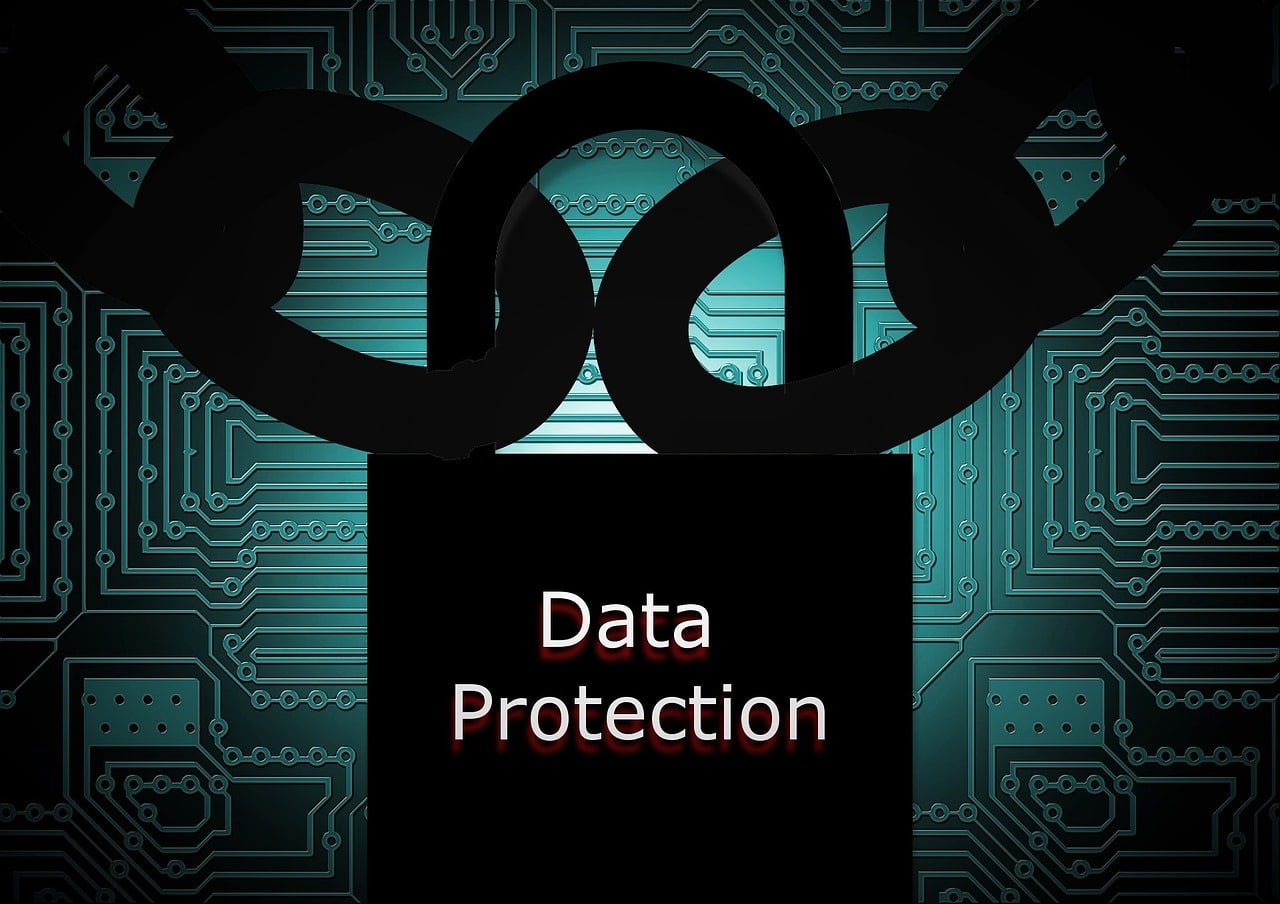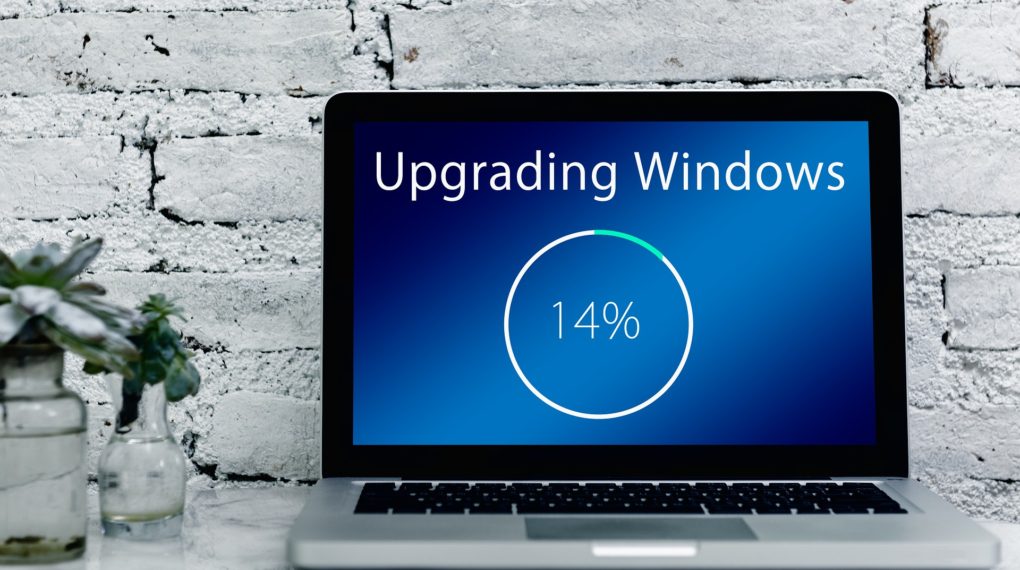
The internet is a double-edged sword. What was once solely a world of limitless opportunities can now be both a boon and bane to anyone who has entered its numerous doors and that, unfortunately, includes almost all of us. The convenience as well as the anonymity the internet provides entice a diverse range of criminal activities. Companies are constantly under threat of having their important data stolen and operations halted, as cybercriminals find sophisticated ways to hack into systems.
You cannot take something like data protection in a stride. You have to be vigilant in securing your company’s business data against the ever-present risk of cybercrime. Don’t leave everything to the anti-virus program on your computers and the rest to chance. Ensure that no cybercriminals get their hands on your confidential data through these tips.
1. Get a Professional Assessment:
By calling in a data security specialist, you will quickly find out if your level of security is adequate, and most of the time it is not. Cybercriminals create new and innovative ways to steal data, and without the help of a specialist, you are running the risk of a data breach. Search for online cyber security consulting firms such as CXO Security, one of Australia’s leading managed IT systems provider. This type of provider would have security solutions for small, medium, and large businesses, and they can tailor their services to suit the client’s needs.
2. Use Strong Level Passwords:
Creating passwords that are at least 8 characters long and include symbols will ensure that hacking software is unable to guess the password. Regularly changing passwords is always a good idea, especially right after a data breach, and your staff should also do the same. Some people prefer to use a password generator, which takes care of setting new passwords and records them in a central location.

3. Involve your Employees:
Call a meeting and ask your employees if they have any good ideas on how to improve data security, while also reminding them not to share personal information online. Hackers often target social media websites, and by minimizing the personal information you give out online, you are improving your cybersecurity.
4. Free Up Valuable PC Resources:
If you are still running traditional anti-virus programs, these take up a lot of your computing resources, whereas changing to a whitelisting system that is controlled by a cloud-based server will free up your PC resources, saving your staff a lot of time. Application whitelisting offers a higher level of protection than the traditional blacklisting systems, and you can easily register with a data security company, who can implement the change.
5. Updates:
Updates and patches are essential, as they are improvements that improve the security. If you hire a data security specialist, they will automatically handle any system updates, otherwise, you will have the responsibility of making sure that virus definition databases are updated. New malicious code is created on a daily basis, which means your anti-virus protection needs to be updated in order to recognize new viruses.

Your confidential data is always at risk, and it is a must that you seek the help of a data protection professional. You can find one through a quick search online. By contacting a data protection specialist to assess your data protection, you will be given suitable recommendations on the best way to secure your data. You will no longer need to worry much about your level of data security.






